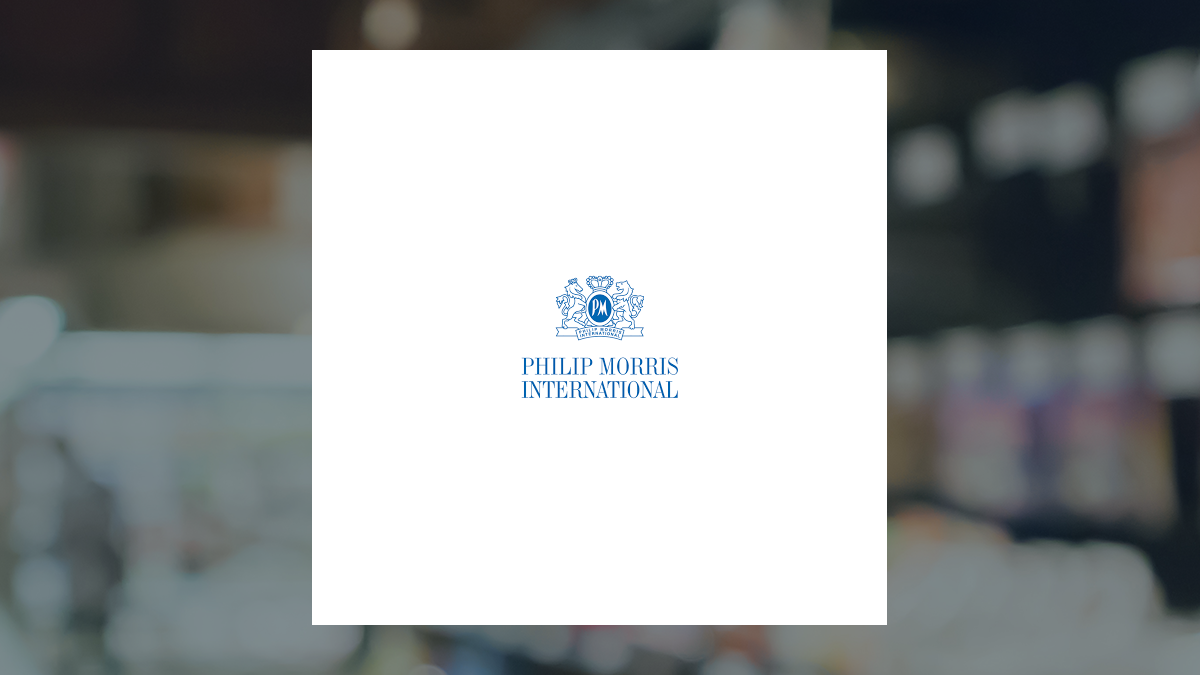 Revenue growth has been positive due to pricing variances and higher HTU volume. Operating expenses increased by $15 million. The company’s net income margin declined to (18.4)% in 2024. Management is focused on expanding the brand portfolio and monitoring market trends. Key risks include cybersecurity attacks and legal challenges. The company’s ROI is -18.4%, but it is generating shareholder value. External risks include natural disasters and geopolitical conflicts. PM is committed to sustainability and responsible business practices. Forward guidance emphasizes anticipating consumer preferences and promoting brand equity for long-term growth and competitiveness.
Revenue growth has been positive due to pricing variances and higher HTU volume. Operating expenses increased by $15 million. The company’s net income margin declined to (18.4)% in 2024. Management is focused on expanding the brand portfolio and monitoring market trends. Key risks include cybersecurity attacks and legal challenges. The company’s ROI is -18.4%, but it is generating shareholder value. External risks include natural disasters and geopolitical conflicts. PM is committed to sustainability and responsible business practices. Forward guidance emphasizes anticipating consumer preferences and promoting brand equity for long-term growth and competitiveness.
Executive Summary
Financials
Revenue growth has been positive over the past three years, with a steady increase of 9.7% in 2024 compared to 2023. The primary drivers behind this trend include favorable pricing variances, higher HTU volume, lower shipping costs, and favorable comparisons in asset impairment and exit costs. Operating expenses increased by $15 million due to currency fluctuations in highly inflationary economies. The operating loss of $45 million in 2024 was mainly from research and development investments and impairment charges. There were no significant changes in cost structures mentioned. The company’s net income margin for the three months ended March 31, 2024 was (18.4)% which declined from (23.7)% in the previous period. This performance is below industry peers.
Management Discussion and Analysis
Management has undertaken initiatives to expand brand portfolio through acquisitions, strategic partnerships, and talent acquisition. Success is uncertain due to limited opportunities, integration risks, and competition for top talent. The effectiveness of these strategies remains to be seen. Management assesses the company’s competitive position by monitoring brand equity and market share trends. They highlight potential disruptions from inaccurate information dissemination and changes in consumer preferences influenced by economic conditions. Major risks include cybersecurity attacks, data breaches, and legal challenges. Mitigation strategies include a cybersecurity risk program, investments in safeguards, and ongoing evaluation of security measures.
Key Performance Indicators (KPIs)
Risk Assessment
The top external factors posing risks to the company are natural disasters, extreme weather events, pandemics like COVID-19, economic disruptions, regulatory issues, geopolitical conflicts like the invasion of Ukraine, and climate change-related impacts on agriculture and operations. PM assesses and manages cybersecurity risks by implementing cybersecurity risk programs, third-party cybersecurity risk management, and ongoing investments in security safeguards. They work to mitigate evolving security threats and vulnerabilities to protect against potential business disruptions, financial impacts, and data breaches. Yes, there are contingent liabilities and legal issues that could impact the company’s financial position and reputation. PM is addressing them by recording provisions for pending litigation and vigorously defending cases while considering settlement discussions if in their best interests.
Corporate Governance and Sustainability
The board of directors at PM I includes non-employee directors who are not full-time employees. No notable changes in leadership or independence were mentioned in the provided context. The company’s governance practices include a Stock Compensation Plan for Non-Employee Directors. There is no explicit mention of diversity and inclusion in the workforce or a commitment to board diversity. The sustainability initiatives disclosed in the report include Product Sustainability and Operational Sustainability, with ESG metrics such as Product Sustainability Weight Percentage and Operational Sustainability Weight Percentage. PM demonstrates its commitment to responsible business practices through efforts to maximize smoke-free products and tackle climate change.
Forward Guidance
The company’s forward-looking guidance focuses on anticipating changes in consumer preferences to ensure brand equity and competitiveness. This aligns with its strategic initiatives outlined in the annual report to address market challenges and drive profitability. PM is factoring in changes in adult consumer preferences influenced by local economic conditions and product accessibility. To capitalize on these trends, they plan to promote brand equity. The company’s commitment to long-term growth and competitiveness is evident in its strategy to expand its brand portfolio through acquisitions and strategic business relationships, aiming to achieve efficient integration and revenue improvements.
For more information:
This article was created using artificial intelligence technology from Klickanalytics.
